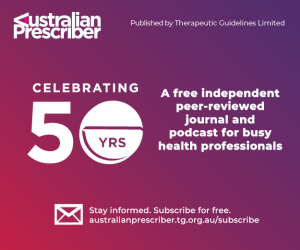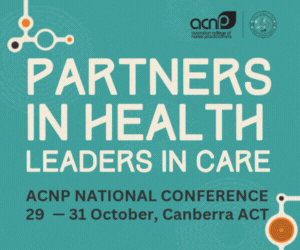Australians are being encouraged to learn about Air Nutrition during Asthma Week, which runs from 1-7 September, in a new campaign launched by Asthma Australia and peak health and climate bodies.
“Air Nutrition – you are what you breathe” encourages people to think differently about what they are breathing in and take simple steps to reduce their intake of air pollution for better health.
Recent studies investigating the impact of air pollution on health indicate there is no “safe” level of long-term exposure to particulate matter (PM2.5) or nitrogen dioxide (NO2), pollutants commonly found in sources like woodfire smoke and vehicle emissions, according to Asthma Australia.
Asthma Australia Medical Advisor and Respiratory Physician Dr John Blakey pointed out that if Australians care about what they eat and drink, then they should also care about what they breathe.
“Australians know where to get decent coffee, or a good wine. They spend almost a billion dollars a year on bottled water,” Dr Blakey said.
“Many people are choosy about the thousand litres they’ll drink each year, but probably don’t pay much attention to the millions of litres of air they’ll breathe. If there were chemicals in tap water that caused disease, they would want to know about it.
“In contrast, we know that the chemicals and particulates in the air can cause asthma, infections, and cancer. We need to do more about that.”
Asthma is a long-term lung condition that is caused by narrowing of the airways when they become inflamed. People with asthma experience difficulty breathing, with the most common symptoms including wheezing, coughing, feeling out of breath, and tightness in the chest. The condition affects 1 in 9 Australians, and 1 in 4 children develop asthma sometime in their childhood.
This year, according to data, the worst peak hourly averages for pollution in the country were Oakdale in South West of Sydney on 3 May (PM2.5 at 661 ug/m3 – ‘EXTREMELY POOR’), and Winnellie in Darwin on 6 July (PM2.5 at 660.9ug/m3 – ‘EXTREMELY POOR’). The Gladstone Region experienced the three highest pollution events for Queensland this year.
While COVID-19 restrictions have contributed to reductions in some sources of air pollution, levels of woodfire heater smoke, hazard reduction smoke, dust and industry emissions have continued to tip the scale in normally ‘clean’ areas, Asthma Australia says.
For many of the 2.7 million Australians living with asthma, peaks in air pollution like this can lead to an increase in asthma symptoms – like cough and wheeze – and an increase in hospitalisations.
As for the general population, exposure to air pollution has been linked to lower life expectancy, risk of premature death, and increased burden of disease. Poor air quality now causes more premature deaths than obesity on a global scale.
Asthma Australia CEO Michele Goldman encouraged people to start thinking about their “Air Nutrition” as a key part of a healthy life, especially for those with health conditions like asthma.
“We hope for everyone to start caring as much about the air they breathe as the food they eat, for their short and long-term health,” she said.
“You can start small, like avoid busy roads when exercising or use an extractor fan when cooking with gas to learning how to stay safe when air quality is poor. These measures can go a long way in improving your Air Nutrition.
“When you consistently breathe in pollutants it causes irritation and tissue damage in your lungs and even other parts of our body. Many people with asthma are sensitive to this and know when pollution is in the air, whereas people who don’t get symptoms may have no idea of the potential of its long-term impacts.”
People most at risk from air pollution include those with asthma, respiratory and heart conditions, pregnant women, the elderly and young children.
Asthma Week is being supported by parliamentarian and paediatrician Dr Mike Freelander MP, Co-Chair of the Federal Parliament’s Parliamentary Friends of Asthma.
“With one in nine Australians affected by asthma, it is critical to raise awareness of the symptoms and implications for this condition,” Dr Freelander said.
“Air pollution is a growing concern among the health community. As a paediatrician, over the years I have seen countless patients who suffer with asthma – and I have also seen the benefits of an appropriately managed Asthma Action Plan.”
For more information on Asthma Week and “Air Nutrition” visit www.asthmaweek.org.au








